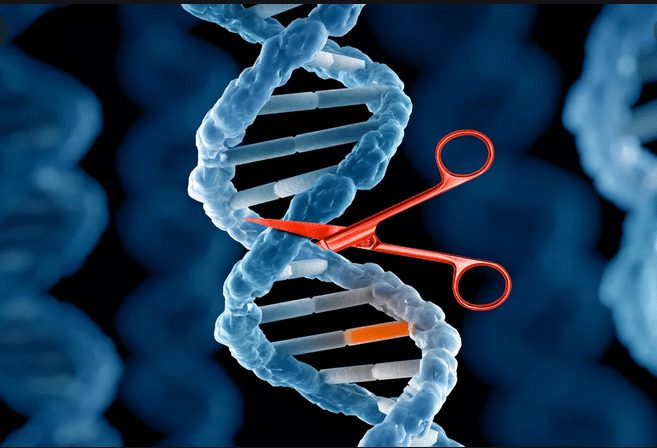Source: RPO e-newsletter, 5 March 2021, photo credit: JazzIRT/Science Picture Co/Getty/Jackson Ryan/Cnet
For the first time, scientists have created pigs, goats and cattle that can serve as viable “surrogate sires,” male animals that produce sperm carrying only the genetic traits of donor animals.
The advance could speed the spread of desirable characteristics in livestock and improve food production for a growing global population. It also would enable breeders in remote regions better access to genetic material of elite animals from other parts of the world and allow more precision breeding in animals such as goats, where using artificial insemination is difficult.
“With this technology, we can get better dissemination of desirable traits and improve the efficiency of food production. This can have a major impact on addressing food insecurity around the world,” said Jon Oatley, a reproductive biologist with WSU’s College of Veterinary Medicine. “If we can tackle this genetically, then that means less water, less feed and fewer antibiotics we have to put into the animals.”
A research team led by Oatley used the gene-editing tool, CRISPR-Cas9, to knock out a gene specific to male fertility in the animal embryos that would be raised to become surrogate sires. The male animals were then born sterile but began producing sperm after researchers transplanted stem cells from donor animals into their testes. The sperm the surrogate sires produced held only the genetic material of the selected donor animals. The gene-editing process employed in this study seeks to bring about changes within an animal species that could occur naturally, such as infertility.
The researchers used CRISPR-Cas9 to produce mice, pigs, goats and cattle that lacked a gene called NANOS2 which is specific to male fertility. The male animals grew up sterile but otherwise healthy, so when they received transplanted sperm-producing stem cells from other animals, they started producing sperm derived from the donor’s cells.
The surrogate sires were confirmed to have active donor sperm. The surrogate mice fathered healthy offspring who carried the genes of the donor mice. The larger animals have not been bred yet. Oatley’s lab is refining the stem cell transplantation process before taking that next step.
The South African Pork Producers’ Organisation (SAPPO) coordinates industry interventions and collaboratively manages risks in the value chain to enable the sustainability and profitability of pork producers in South Africa.








